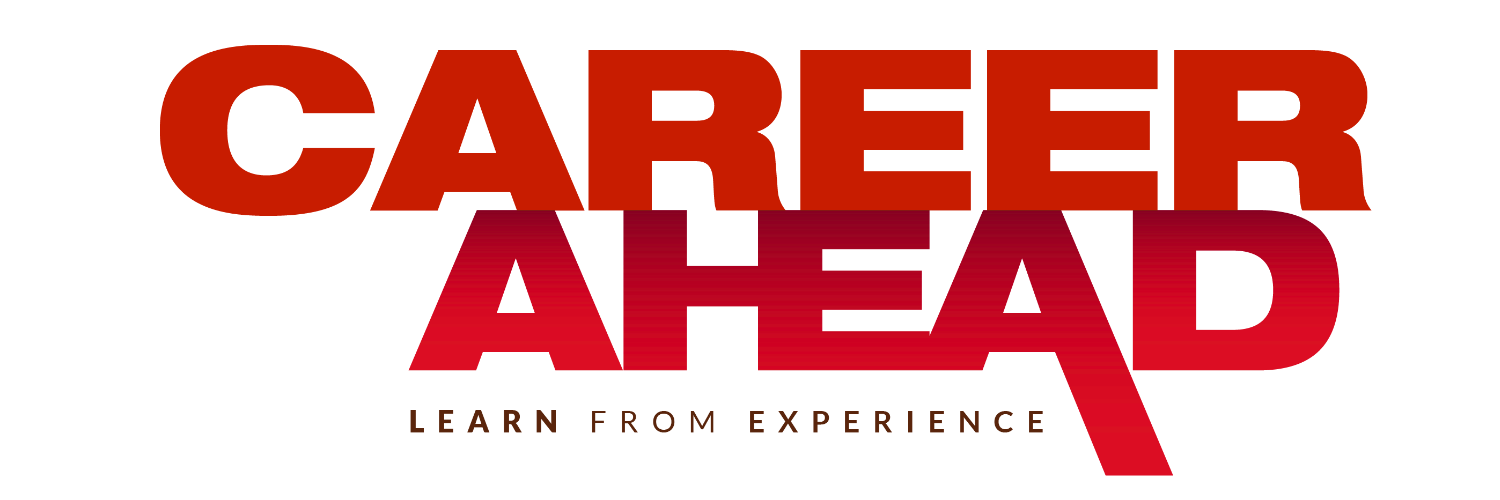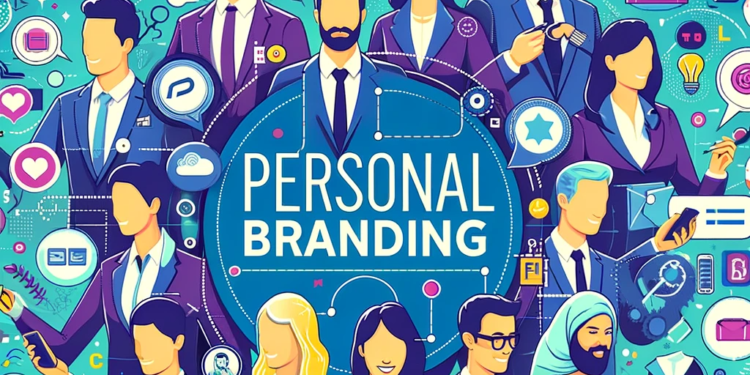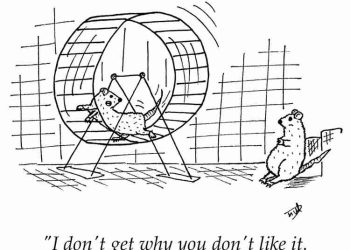No products in the cart.
The Power and Potential of Personal Branding
Dive into the essentials of personal branding with our in-depth article. Learn how to create a compelling personal brand, leverage social media, and draw inspiration from global success stories. Gain insights into the future of personal branding and practical tips for amplifying your online presence.
The Essence and Necessity of Personal Branding
In the rapidly evolving digital age, personal branding has emerged as a necessity for professional success and recognition, transcending traditional branding by focusing on the unique skills, experiences, values, and aspirations of individuals. This concept revolves around crafting and showcasing a personal narrative that resonates within your indu











